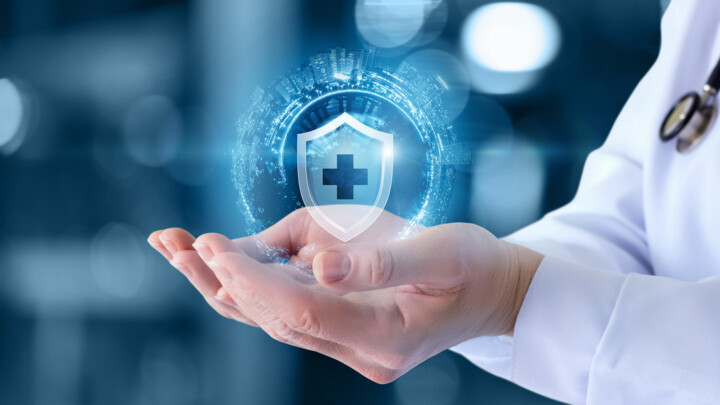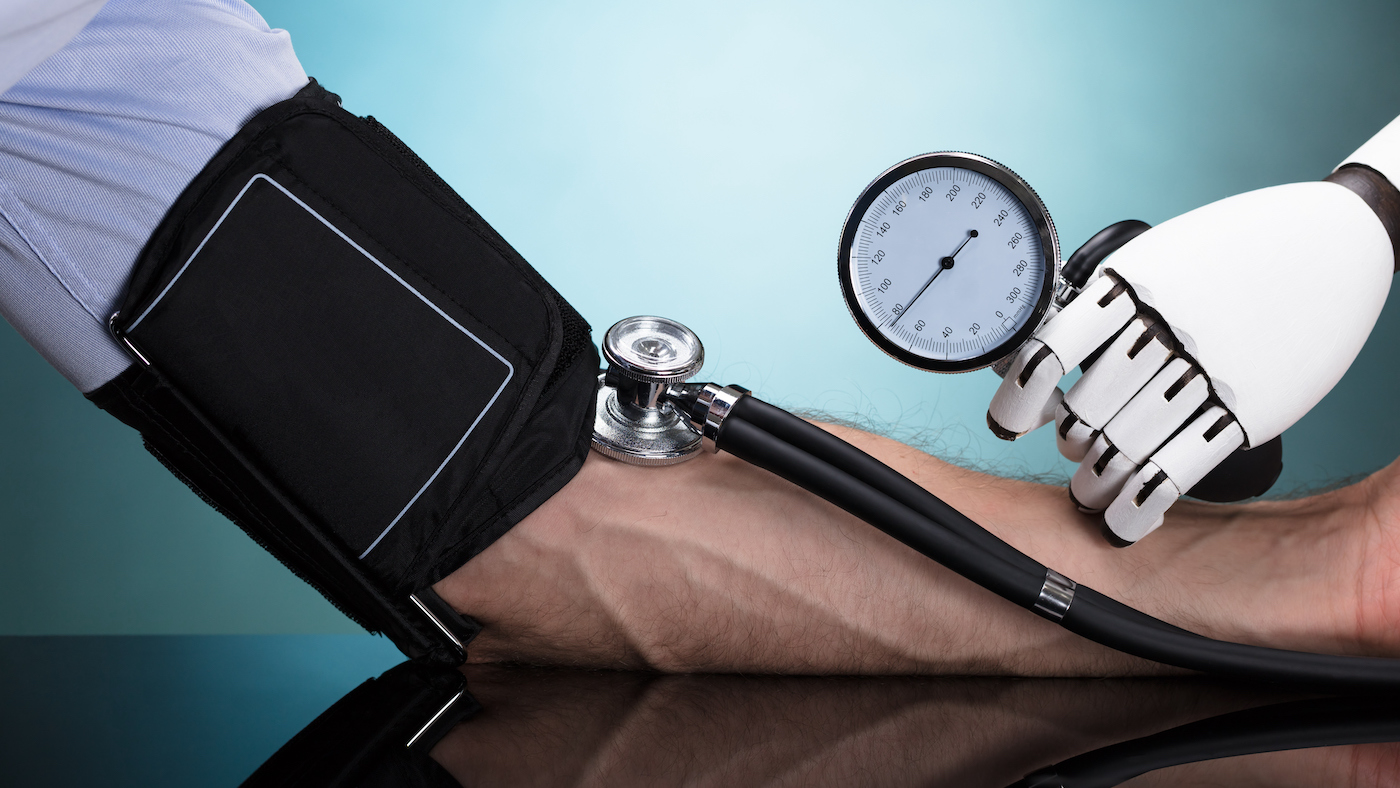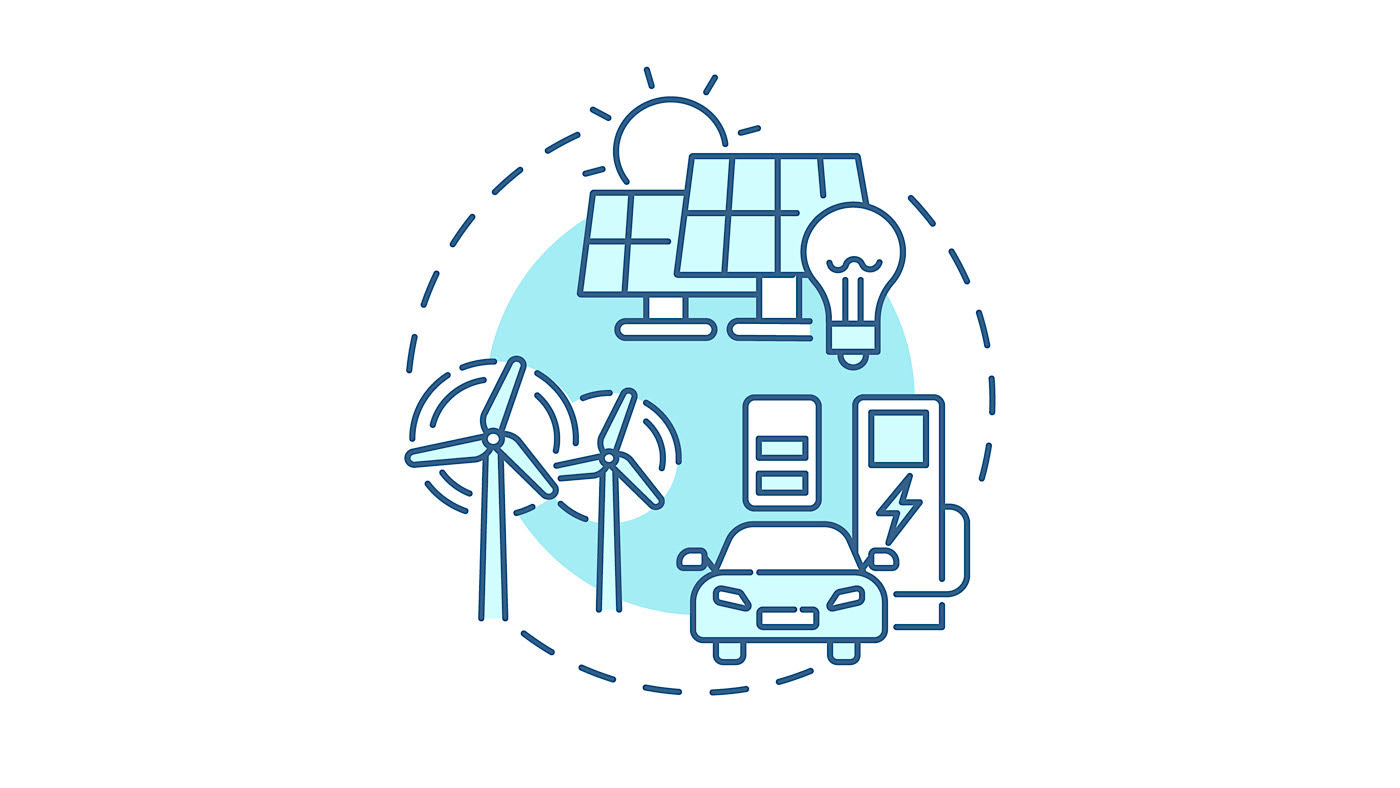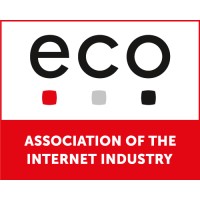Does Connected "Digital Health" Make us Healthier?
Ekkehart Gerlach from the dma, on digital health technologies-to-watch: From Smart Watches to Remote Diagnostics & Digital Elderly Care.

© Natali_Mis | istockphoto.com
While the established players in the healthcare sector are, for understandable reasons, looking at their own playing field, it is necessary for the digital industry as a whole to reflect on connectivity and its possibilities in the field of health. The Internet has been the symbol of connectivity for over 20 years. And there’s no question that connectivity makes sense in a diverse range of ways.
Clearly, the significantly stronger connectivity available now than in the past opens up many opportunities for productivity advances and better service quality in the healthcare sector:
- Innovative devices could give individuals more information about their health,
- Health Data Analytics could provide new insights for diagnosis and therapy,
- Connected systems and devices for older people could give this ever-growing segment of society new ways to age more healthily,
- Digitized processes could have tangible productivity effects and generate considerable overall economic cost savings.
In an expert roundtable organized by the German ict + medienakademie as part of its flagship program on new technologies, a discussion which included specialists from the Boston Consulting Group, VDI/VDE, Fraunhofer, Medgate, AOK, and m.doc, it was pointed out that 60% of insured persons would like to receive digital advice from their health insurer – health insurers should thus transform themselves into health consultants. In the future, the patient journey will begin digitally, for all age groups – although younger people are currently still leading the way with usage (24% of 18-40-year olds have already used telemedicine during the current pandemic in Germany, compared to just 9% of over-60s).
At least at first glance, it seems as if digitalization is penetrating the healthcare sector. But amazing things have also came to light: First of all, there are the divergences between the political demands for networking in the healthcare system, for better use of data, the introduction of the electronic health card, the digital patient file or the e-prescription on the one hand, and the low degree of implementation of these goals in Germany on the other. Then it was also a question of how far technological developments in the healthcare sector have actually come – away from all the goals assumed politically or in the general media. The question of what is possible with devices, processes, and platforms, and what the framework conditions actually allow.
An example from the realm of devices shows the potential: Smart watches were initially not predicted to have a rosy future, since everyone already owned one or more digital watches. In the meantime, depending on the definition, up to 30% of German citizens have at least one device used for health purposes, not including smartphones. However, other examples demonstrate that this potential is not always tapped effectively. For example, telemedicine was slowed down for many years by legal hurdles in Germany. X-rays or MRI images continue to be created anew rather than sharing existing ones. Equally, genetic data could be shared in order to detect and cure cancers earlier in a trustworthy and secure framework.
Just at a time when the proportion of older people in Germany is increasing noticeably, numerous new technological options have become available – such as online fall sensors, online door contacts, and online blood pressure monitors – which allow better and also far more cost-effective care for the largest German demographic in their own homes. Since round-the-clock care is hardly affordable, according to the German social associations, this is actually an ideal constellation between patient wishes and needs and technological possibilities. However, the matching has not yet succeeded. According to Dr. Bettina Horster of VIVAI AG in Dortmund, Germany, the low level of technological expertise among political decision-makers continues to prevent the appropriate course from being set for the benefit of all parties involved.
Telemedical approaches is a topic which provides further food for thought. According to Medgate, Germany is currently hopelessly behind in telemedicine care compared to other European countries. In the meantime, telemedicine has reached a high level of quality and is simple, humane and efficient. The AOK (a German medical insurance company) has set up a project called Teledoc Plus with a great deal of pragmatism, in which specially trained non-medical practice assistants take over part of the patient care locally in the area. This shows that medical care could also be better and more cost-effective in Germany. This is also the case with the processes between the doctor, hospital, rehabilitation programs, and the patient.
For all time-consuming and economically inefficient administrative processes, platforms such as m.doc are available that would drastically reduce the manual effort in terms of administration. However, many aspects of data protection and data security are not yet clear, including fault, liability, and reversal of evidence. Security is also still far from being optimally secured: A recent survey showed that 38% of respondents had already fallen victim to an insecure mobile e-health app.
The expert roundtable’s concluding analysis by Prof. Dr. med. Katharina Larisch from the European University of Applied Sciences Rhine/Erft finally pointed out some incompatibilities: Despite being able to access more and more information about health in general and one’s own health in particular through Dr. Google, platforms of various stripes, and apps, diseases characterized by a lack of information, such as excessive weight, continue to increase. More than half of the German population does not exercise enough despite fitness apps. It’s no wonder that an AOK survey concluded that more than half of Germans have only limited digital health literacy, which significantly reduces the vision of digital health making people healthier.
Ekkehart Gerlach is Director of the “deutsche ict + medienakademie”, a division of the eco Association, in Cologne, Germany. In 2000, the academy was founded as a project of the Bertelsmann Stiftung and the state of NRW. Ekkehart Gerlach came to the academy after many years in executive positions of the high-tech industry, such as IT, telecommunications and media. Since 2006 he has led the “deutsche medienakademie” to the open market, specialising in Digitals. With a network of around 5,000 experts, the academy provides high class independent information in complex digital areas – such as expert roundtables and corporate coaching or training.






